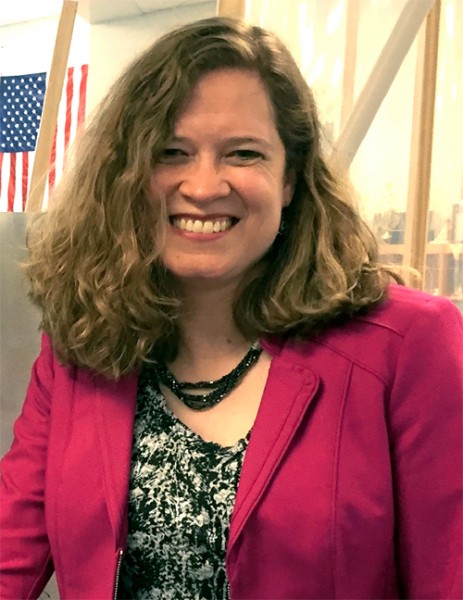Librarians as Instructional Leaders | Take the Lead

Priscille Dando
Lately, I’ve been thinking about the missed connections between principals and librarians when it comes to instructional leadership. It strikes me that administrators who embrace instructional challenges don’t always recognize their librarians as leaders in this work. I’ve observed that those who empower their librarians as leaders not only share a positive relationship, but also engage in ongoing, targeted communication. Mark Ray’s terrific article “Making the Principal Connection” outlines how school librarians can proactively develop a strong relationship with principals. I recommend two simple strategies to build on that foundation to promote recognition of librarians as instructional leaders.Be an expert in school and district priorities
School librarians are pros at promoting collaboration with classroom teachers by aligning resources and information skills to curriculum. A similar approach with administration would align library learning outcomes with the goals of the school improvement and district strategic plans. Look specifically at the student data and accountability pieces for clues to the critical areas. Most importantly, observe administrators’ actions. Identify their priorities by focusing on what they emphasize when addressing faculty and parents, where they allocate resources, and what PD they provide. Kristen Deuschle, media specialist at Piney Grove Middle School in Forsyth County (GA) Schools, understands the value in being proactive. “When a school librarian says, ‘Yes, I can help you with that!’ great things happen. A can-do attitude builds a relationship of trust which is necessary for a school librarian to be seen as an instructional leader.”Be fluent in current pedagogies
It’s important to study and apply best practices in teaching and learning, because mastery of current pedagogy directly relates to your credibility as an instructional leader. Twitter is one of my favorite resources for effective practice ideas in lesson design, assessment, and educational leadership. To start, I recommend #edchat discussions and following @ASCD, @Edutopia, and @MindShiftKQED. I’ve seen several hot topics in these feeds that librarians can embrace, including:• Closing the achievement gap
Student achievement is a priority for all schools, yet administrators frequently don’t know how librarians can be instrumental in improving it. Literacy skill development is critical to shrinking achievement gaps, and librarians support literacy in numerous ways. Make the connection for them by starting a conversation about differentiation and scaffolding strategies. Demonstrate ways to use multimedia library resources and leveled texts to meet the needs of all learners. Offer staff PD that focuses on strategies, not just resources.
• Student-centered learning
Many schools are adopting project and problem-based learning, design thinking, and STEM approaches to instruction. These frameworks engage students in the critical thinking and soft skills they require for future success. This is an opportunity to show your expertise in inquiry learning and its connection to success in these frameworks. Often, classroom teachers and administrators see the need for an inquiry approach to learning, but don’t know how to get there. Librarians should take a school’s commitment to student-centered learning as an invitation to lead the way.
• Digital transformation
Goals in mobile and online learning, 1:1 device initiatives, digital citizenship, coding, and the integration of Google Apps for Education are present in many strategic plans. Librarians are best positioned to know what students need as they become successful creators and consumers of information using technology. Our role goes beyond curating digital content—to teaching students to use technology safely and ethically in ways that enhance learning, collaboration, and communication.
School librarians who approach instructional conversations with administration in terms of school priorities and best practices embrace the statement, “I understand what is needed and have a plan to succeed.” The result? In addition to understanding the value of librarians, principals recognize partners whom they can consult, invest in, support, and depend upon to lead.Priscille Dando is coordinator, library information services, at Fairfax County (VA) Public Schools and a Lilead Fellow.
Add Comment :-
RELATED
The job outlook in 2030: Librarians will be in demand
The job outlook in 2030: Librarians will be in demand
ALREADY A SUBSCRIBER? LOG IN
We are currently offering this content for free. Sign up now to activate your personal profile, where you can save articles for future viewing






